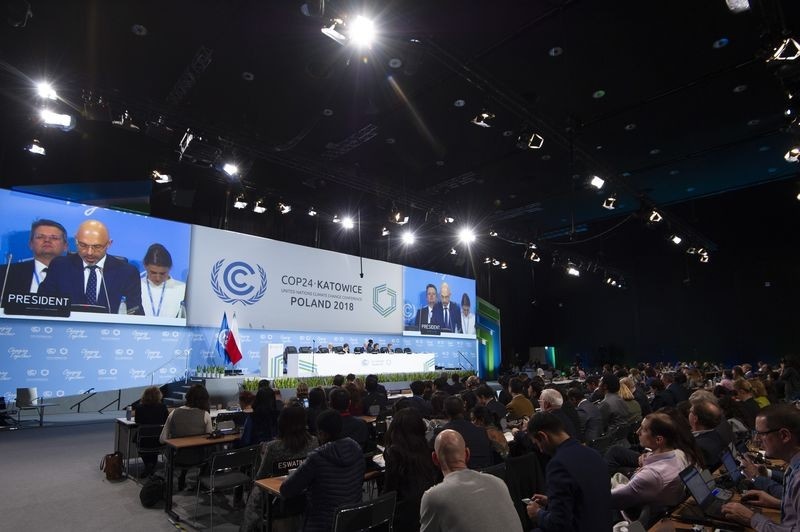
Following COP24, countries prepare to submit their next round of national climate commitments. The science is clear that these must be more ambitious if the world is to curb dangerous levels of global temperature rise, and they must include better land-use management and the recognition of nature’s pivotal role in helping slow escalating climate change.
Read more
Related articles for further reading
In December, more than 20,000 delegates met in Poland to hash out the Paris Agreement “rulebook”, the ‘operating manual’ needed for when the global deal enters into force in 2020. This was mostly agreed, starting a new international climate regime under which all countries will have to report their emissions – and progress in cutting them – every two years from 2024.
The next stage has a strong focus on raising ambition, including at the UN Secretary General Summit in 2019 and as countries prepare to submit their next round of national climate commitments. The science is clear that these must be more ambitious if the world is to curb dangerous levels of global temperature rise, and they must include better land-use management and the recognition of nature’s pivotal role in helping slow escalating climate change.
Peter Bakker, President and CEO at the World Business Council for Sustainable Development (WBCSD)
“We are on track to surpass 1.5°C temperature rise as soon as 2040 – unless we implement solutions now. If applied now, nature could help us deal with a third of the emission reductions needed by 2030. Stopping deforestation, protecting natural carbon sinks and restoring damaged habitats – these are not concepts. These are solutions we can and must roll out today. To deliver natural climate solutions at scale will require unprecedented funding and coordination. The private sector has a significant role to play in accelerating and financing these solutions. World leaders must work harder to on agree clear set of rules under the Paris Agreement. This will enable businesses around the world to finance natural climate solutions at scale.”
Shyla Raghav, Climate Change Lead, Conservation International
“One of the biggest developments at this year’s talks has been the realization that we have to move beyond action on energy, industry and transport to include the land sector, where business also has a big role to play. We have heard about how we need to scale up action in the forests, food, and land sectors, and on how restoring ecosystems is an economic way of taking CO2 out of the atmosphere. How do we finance the transition on energy and ecosystems? We will be talking about this for a long time to come but finalizing the rulebook is an important step forward.”
John Verdieck, Director, International Climate Policy, The Nature Conservancy
“The recent IPCC report on 1.5 degrees shows how urgent the need is for real solutions for emissions reduction and absorption. COP 24 in Poland has been critical in ensuring that countries have the flexibility to include best solutions in their national context. No discussion of best solutions can be had without nature at the top of the list. Natural climate solutions provide immediate and significant emissions reductions opportunities and can be implemented in every nation on the planet.”
Andrew Wu, Research analyst at World Resources Institute
“We cannot overlook land use, a sector which accounts for a quarter of all greenhouse gas emissions. There is now a common framework, supported by COP, to help countries measure land use emissions. All countries must adopt this and incorporate natural climate solutions in their NDCs, to keep global warming below 2 degrees Celsius.”